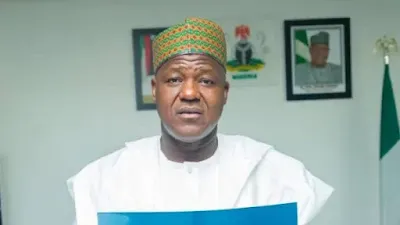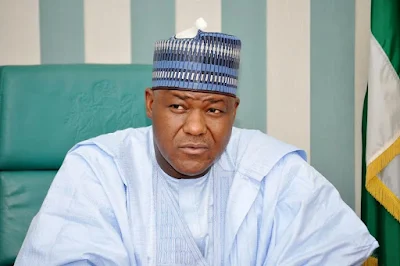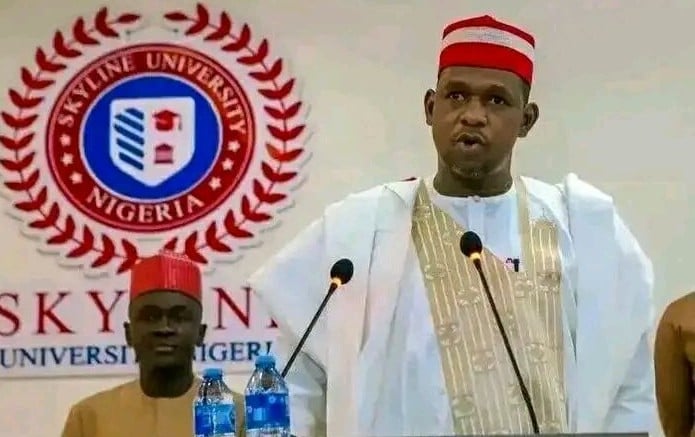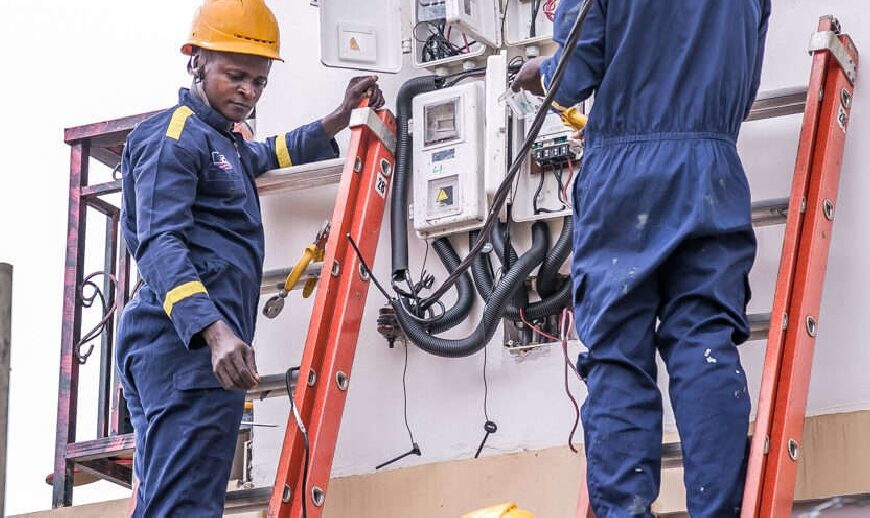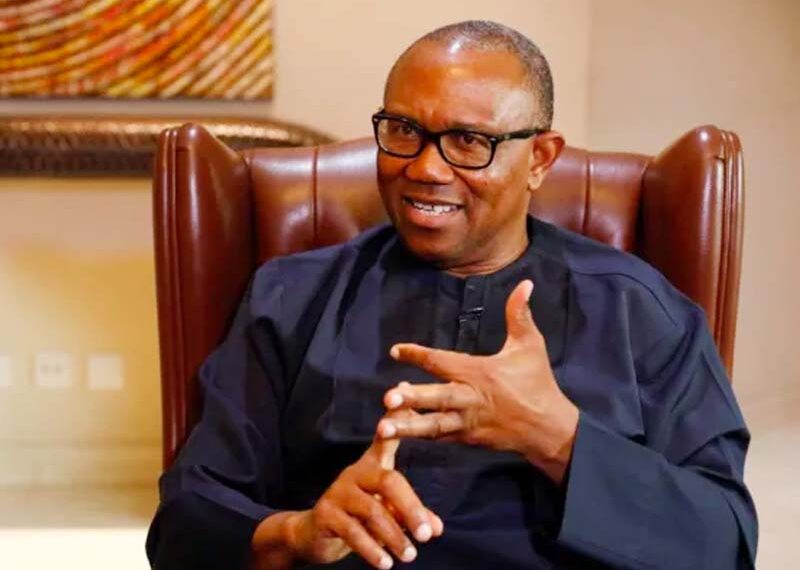The Olubadan of Ibadan Land is one of the most revered traditional institutions in Nigeria, with a structured and historical system of succession that dates back to the 19th century. Over time, 43 individuals have ascended the throne — each contributing to the legacy of Ibadan, the largest city in West Africa by landmass.
This article presents the list of all 43 monarchs who have held the title of Olubadan, as well as insight into the uniqueness of Ibadan’s chieftaincy structure.
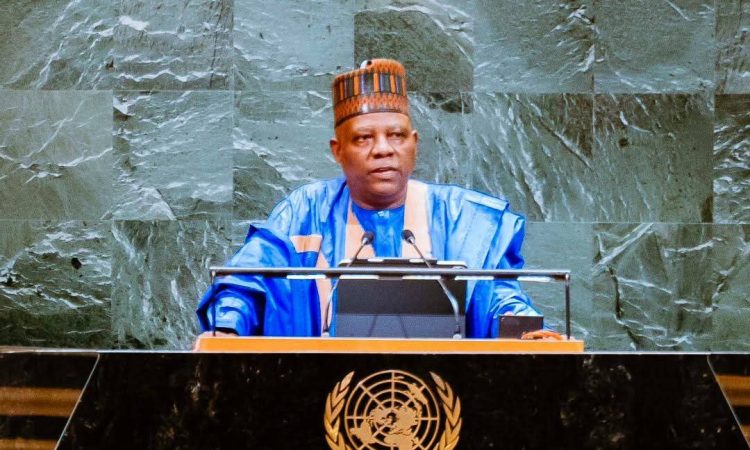
Understanding the Olubadan Institution
Originally, Ibadan rulers were known as Baale — community heads — rather than monarchs. It was only in the early 20th century that the title “Olubadan” (meaning “Lord of Ibadan”) emerged as the city became more centralized and structured in governance.
What makes the Olubadan succession system unique is its linear and predictable chieftaincy structure. The two lines of succession — the civil line (Egbe Agba) and the military line (Balogun) — operate on seniority. Once someone becomes a Mogaji (family head), they begin ascending through 22 chieftaincy ranks, awaiting their turn to become Olubadan.
This system has helped Ibadan avoid many succession crises common in other Yoruba kingdoms.
List of the 43 Olubadans (1820–2025)
Below is the list of all 43 individuals who have reigned as Olubadan (some initially as Baale) from the founding of the city up to 2025:
| No. | Name | Estimated Years of Reign |
|---|---|---|
| 1 | Lagelu | ~1820 |
| 2 | Baale Maye Okunade | 1820–1826 |
| 3 | Baale Oluyedun Labosinde | 1826–1830 |
| 4 | Baale Lakanle | 1830–1835 |
| 5 | Basorun Oluyole Ojaba | 1835–1850 |
| 6 | Baale Oderinlo Opeagbe | 1850–1851 |
| 7 | Baale Oyesile Olugbode | 1851–1864 |
| 8 | Baale Ibikunle | 1864–1865 |
| 9 | Basorun Ogumola | 1865–1867 |
| 10 | Balogun Beyioku Akere | 1867–1870 |
| 11 | Baale Orowusi Kobomoje | 1870–1871 |
| 12 | Aare Obadoke Latoosa | 1871–1885 |
| 13 | Balogun Ajayi Osungbekun | 1885–1893 |
| 14 | Baale Fijabi I | 1893–1895 |
| 15 | Baale Osuntoki Olusun | 1895–1897 |
| 16 | Basorun Fajimi | 1897–1902 |
| 17 | Baale Mosaderin Sunlehinmi | 1902–1904 |
| 18 | Baale Dada Opadare | 1904–1907 |
| 19 | Basorun Sumonu Apanpa | 1907–1910 |
| 20 | Baale Akintayo Awanibaku | 1910–1912 |
| 21 | Baale Irefin | 1912–1914 |
| 22 | Baale Shitu | 1914–1925 |
| 23 | Baale Oyewole Aiyejenku | 1925–1930 |
| 24 | Olubadan Okunola Abass Alesinloye | 1930–1946 |
| 25 | Olubadan Fagbinrin Akere II | 1946 |
| 26 | Olubadan Oyetunde I | 1946 |
| 27 | Olubadan Akintunde Bioku | 1947–1948 |
| 28 | Olubadan Fijabi II | 1948–1952 |
| 29 | Olubadan Memudu Alli | 1952 |
| 30 | Olubadan Igbintade | 1952–1955 |
| 31 | Oba Isaac Babalola Akinyele | 1955–1964 |
| 32 | Oba Yesufu Kobiowu | 1964 |
| 33 | Oba Salawu Akanbi Aminu | 1965–1971 |
| 34 | Oba Shittu Akintola Oyetunde II | 1971–1976 |
| 35 | Oba Gbadamosi Akanbi Adebimpe | 1976–1977 |
| 36 | Oba Daniel Tayo Akinbiyi | 1977–1982 |
| 37 | Oba Yesufu Oloyede Asanike | 1983–1993 |
| 38 | Oba Emmanuel Adegboyega Operinde | 1993–1999 |
| 39 | Oba Yinusa B. Ogundipe Arapasowu I | 1999–2007 |
| 40 | Oba Samuel Odulana Odugade I | 2007–2016 |
| 41 | Oba Saliu Akanmu Adetunji (Aje Ogungunniso I) | 2016–2022 |
| 42 | Oba Lekan Balogun (Alli Okunmade II) | 2022–2024 |
| 43 | Oba Akinloye Owolabi Olakulehin (Ige Olakulehin I) | 2024–2025 |
Highlights and Historical Notes
- Olubadan Okunola Abass Alesinloye had one of the longest reigns (1930–1946).
- Oba Saliu Adetunji modernized the Olubadan institution with reforms and was a well-known music promoter before his reign.
- The transition from Baale to Olubadan formalized the kingship system in Ibadan around the mid-20th century.
- Several Olubadans ruled for less than a year due to age or health, as the succession system often places very elderly chiefs on the throne.
Looking Ahead: The 44th Olubadan
Following the death of Oba Akinloye Owolabi Olakulehin in 2025, the next in line is Rashidi Adewolu Ladoja, a former governor of Oyo State and the current Otun Olubadan. His coronation as the 44th Olubadan is expected to take place in September 2025.
Why the Olubadan Lineage Matters
- It exemplifies a peaceful, hierarchical transition of power.
- It preserves the cultural, historical, and spiritual heritage of Ibadanland.
- Each Olubadan contributes to the development and unity of Ibadan, acting as a bridge between tradition and modern governance.










